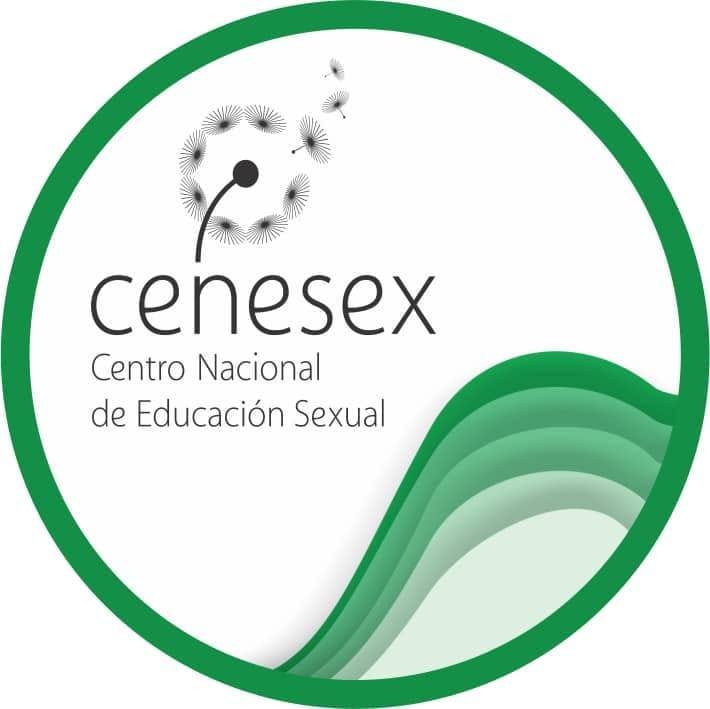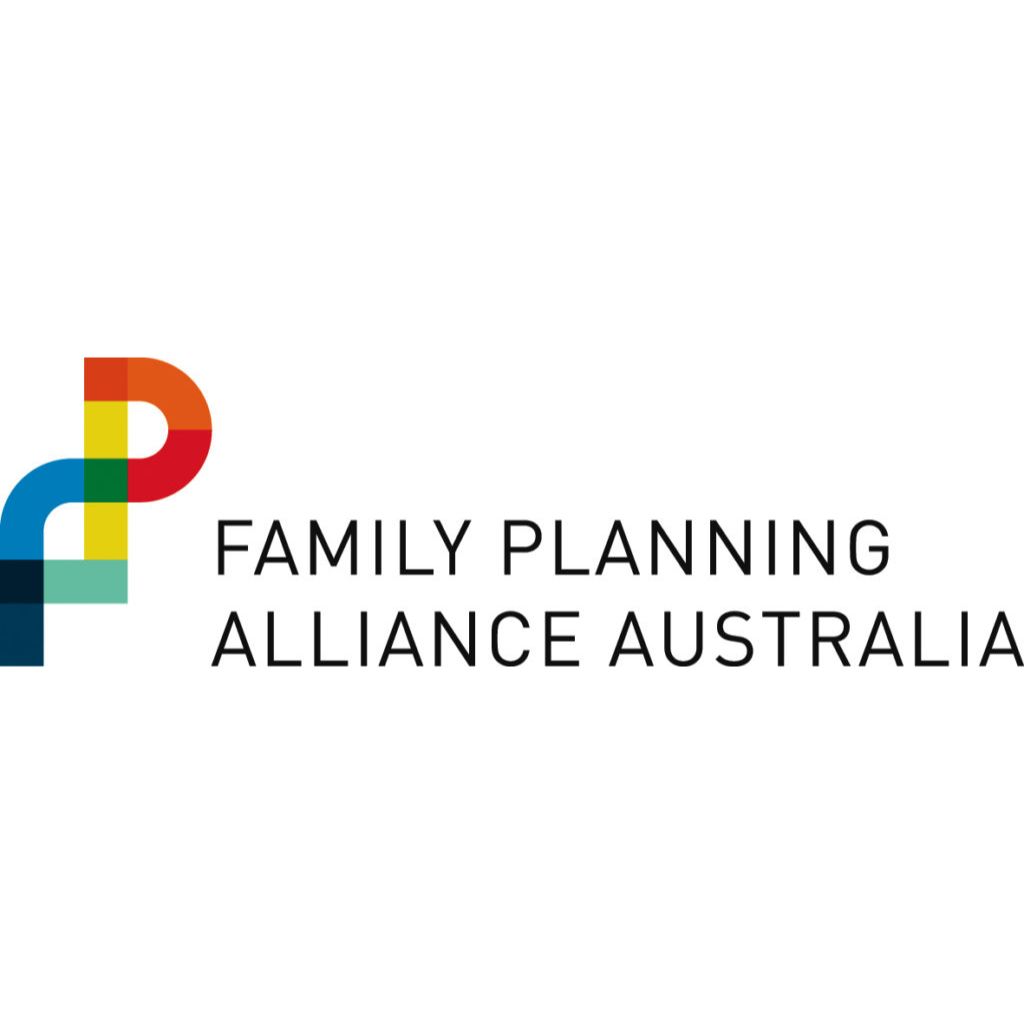

| 19 January 2024
Centro Nacional de Educación Sexual (CENESEX) - Cuba
The National Center for Sex Education (CENESEX) is a teaching, research and assistance institution in the area of sexualities. CENESEX was founded on December 28, 1988, when the first resolution on the creation of the institution was issued. Later, other legal norms have specified its social purpose. It was created as an institution of the Ministry of Public Health (MINSAP), but it is the result of the institutionalization process of a previous experience, that of the National Working Group on Sex Education (GNTES), which was created in 1972 at the initiative of Vilma Espín as president of the Federation of Cuban Women (FMC), and whose main objective was to develop and monitor the implementation of the National Sex Education Program. Open to scientific research, exchange of experiences and dialogue of knowledge, CENESEX has professionals of recognized prestige from different scientific disciplines that address, with a comprehensive approach, the study of sexualities. Twitter Instagram

| 31 March 2016
Family Planning Alliance Australia
FPAA is a long-standing alliance of the key sexual and reproductive health organisations from each of the Australian states and territories and is their national policy and advocacy voice. Through the IPPF network FPAA links internationally with organisations of like mind, to further sexual and reproductive health and rights for all. Our work cuts across national government strategies and policy frameworks in the portfolios of health, education, gendered violence, e-safety, child sexual abuse and international development. FPAA members provide a wide range of integrated sexual and reproductive health services that include health promotion, prevention, early intervention, diagnosis, treatment and support. We build capacity and strengthen systems by translating the best available evidence into information and education for individuals, community, and health professionals. We are inspired by working in partnership with our priority populations which include people who are: young women of diverse genders and sexualities Aboriginal and Torres Straits Islander of all abilities of all cultures While services, collaborations and cross-referral pathways may vary in each state or territory, our work is always intersectional. We feel privileged to be contributing to the bigger picture.







